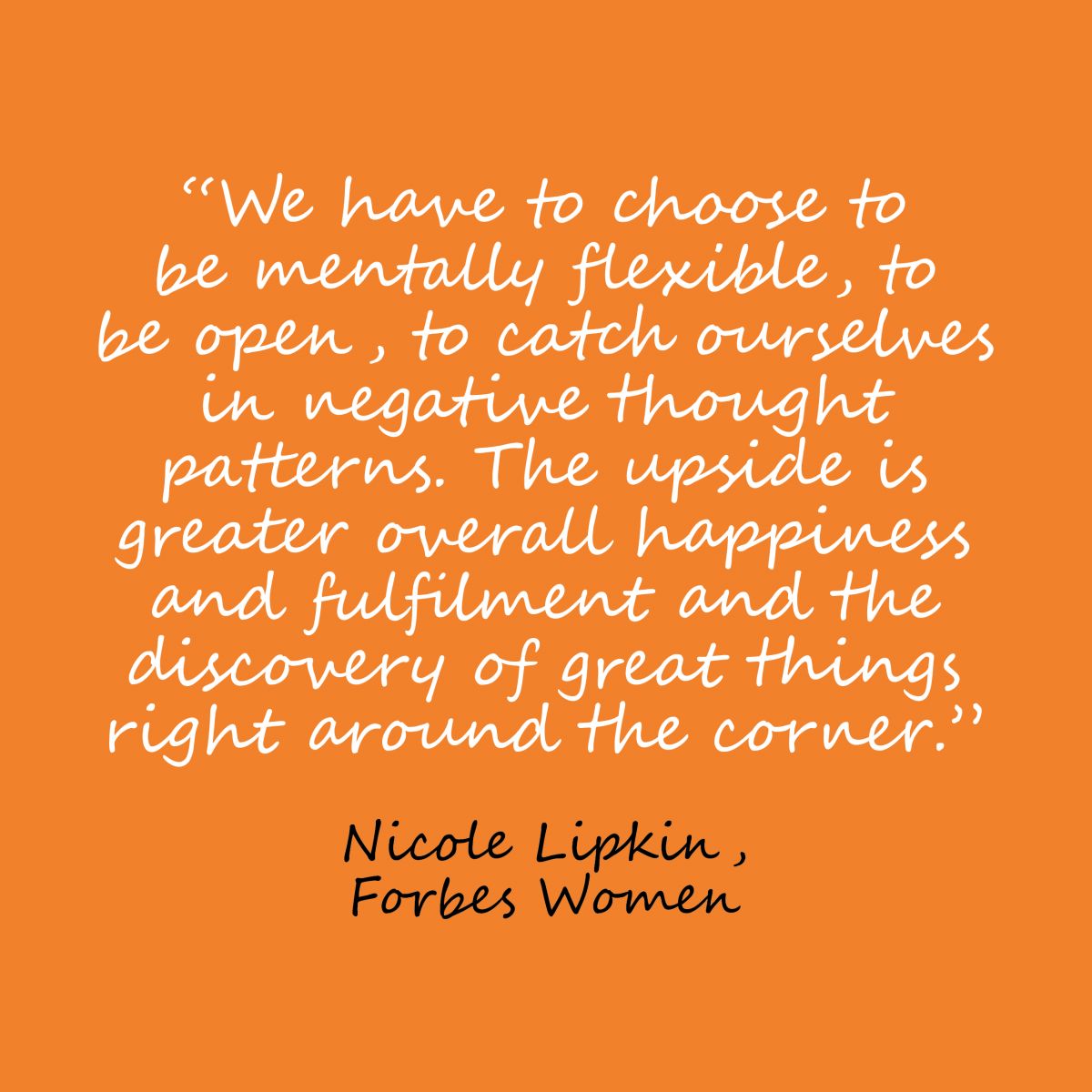Mental Fitness Mondays: Mental Agility
Use your brain…. but not too much
What’s 379 multiplied by 74? If you can’t answer that straight away (I definitely can’t) then you’d have to work it out, if you wanted to. To work it out, even if that meant just tapping it into a calculator, or asking Alexa, you’d be using your skills in mental agility.
Our brains are incredibly good at understanding complex issues and solving problems, not just mathematical ones. So, it’s pretty obvious that in our uncertain and often complex modern world, it’s a skillset that is worth nurturing to be mentally fit.
Cognitive overload
When you feel stressed and life is not balanced, you might find that your mental agility is affected, not because you’re not mentally agile… but because you’re overdoing it, leading to ‘cognitive overload’.
Other things can affect how mentally sharp we feel too.
Foggy head
Life changes, such as early parenthood, the menopause and bereavement, can also impact on how mentally agile you feel. Opposites to mental agility might be ‘brain fog’, cognitive overload or decline, or (for some) learning difficulties. Nowadays we often use the term ‘brain fog’ to describe when we feel unable to think clearly; for some it’s a genuine cause for concern, but for others we laugh it off as if it’s typical for our age or how we’ve always been.
If you feel less mentally agile than you used to, please don’t think that it’s just one of those things. You can improve your mental agility, and ageing doesn’t and shouldn’t naturally lead to significant cognitive decline. In fact, according to The Ageing Brain, by Andre Aleman older people usually develop more grey matter in their frontal cortex, (the part of the brain that is most commonly associated with rational thinking and decision making), as they age.
The solution may lie elsewhere
As with all the components of mental fitness, improving one will usually improve many others. So, adding in more mental complexity to your already busy life may not be the way to boost your mental agility. Instead, challenge yourself to develop your mindfulness, or review your self-care strategies. Of course, there can also be nutritional and medical issues that affect mental agility, so be sure to rule things out, take medication you need and get nutrition advice; we are all different! One of the best things you can do to improve your mental agility is get more exercise, so next time you feel like you’re not ‘firing on all cylinders’ how about getting up and moving more?
Oh, and to save you wondering, it’s 28,046.
A coaching question: What helps you to be mentally agile?

